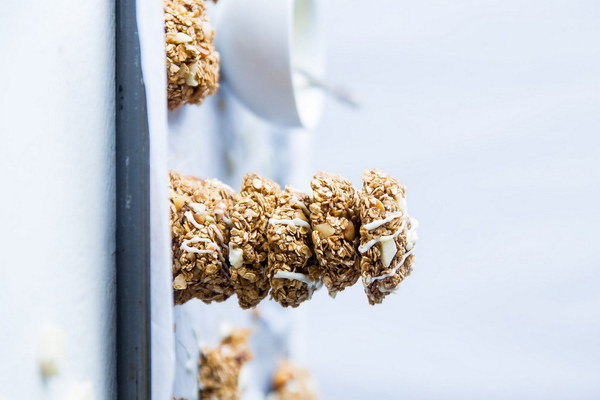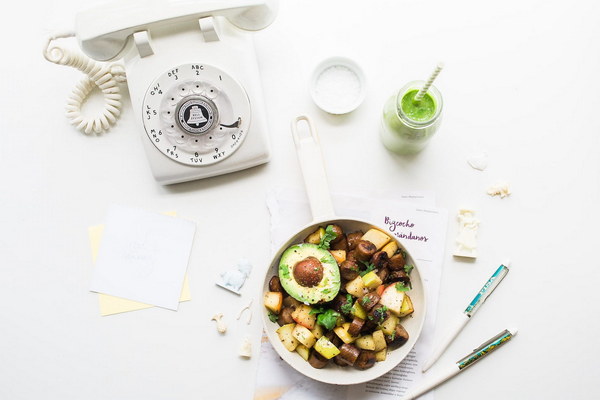Do You Need Supplements After Getting an IUD
Introduction:
The intrauterine device (IUD) is a popular form of long-term birth control that offers numerous benefits, such as effectiveness and ease of use. However, many women wonder whether they need to take supplements after getting an IUD. In this article, we will explore the topic and provide valuable insights to help you make an informed decision.
1. Understanding the IUD:
The IUD is a small, T-shaped device that is inserted into the uterus by a healthcare provider. It can be made of copper or hormone-releasing materials, and it provides effective contraception for several years.
2. Nutritional Needs After IUD Insertion:
After getting an IUD, your body may experience some changes that could affect your nutritional requirements. Here are a few factors to consider:
a. Iron Deficiency: Some women may experience heavy or irregular menstrual bleeding after IUD insertion, which can lead to iron deficiency anemia. To prevent this, it's essential to consume an adequate amount of iron-rich foods, such as lean meat, fish, poultry, beans, lentils, and fortified cereals. If you're still struggling with iron deficiency, your healthcare provider may recommend iron supplements.
b. Folic Acid: Folic acid is crucial for women who are planning to become pregnant in the future. IUDs do not affect folic acid levels, so it's still important to consume foods rich in folic acid, such as leafy greens, oranges, and fortified cereals. If you're struggling to meet your daily folic acid needs, supplements can be an excellent alternative.
c. Calcium and Vitamin D: Some studies suggest that IUDs may increase the risk of osteoporosis, particularly in women who have a family history of the condition. To support bone health, it's essential to consume a balanced diet rich in calcium and vitamin D. Foods high in calcium include dairy products, leafy greens, and fortified foods. Vitamin D can be obtained from fatty fish, egg yolks, and fortified foods. In some cases, supplements may be necessary.
3. Consult with Your Healthcare Provider:
It's essential to consult with your healthcare provider to determine whether you need supplements after getting an IUD. They can evaluate your specific situation, including your medical history, dietary habits, and any symptoms you may be experiencing. Based on this evaluation, they can recommend the appropriate supplements, if needed.
4. Potential Side Effects of Supplements:

While supplements can be beneficial, it's crucial to be aware of potential side effects. Some common side effects of iron supplements include constipation, nausea, and stomach pain. Folic acid supplements are generally well-tolerated, but they may cause abdominal discomfort or change the taste of food. Calcium and vitamin D supplements can sometimes lead to kidney stones or constipation.
5. Conclusion:
In conclusion, whether or not you need supplements after getting an IUD depends on your individual circumstances. It's essential to maintain a balanced diet and consult with your healthcare provider to determine if supplements are necessary. By doing so, you can ensure that you're meeting your nutritional needs and supporting your overall health.









